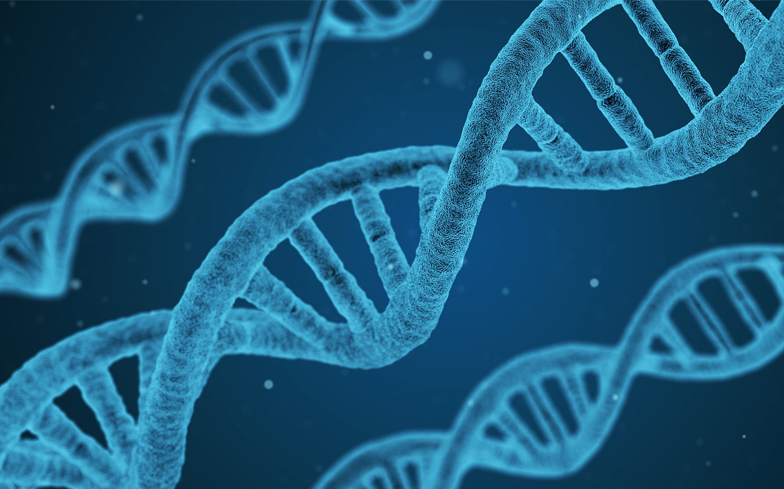
Genetic variants that may play a role in gender identity have been discovered in new research carried out by scientists in the US.
A team at Augusta University sequenced the DNA of 14 female-to-male and 16 male-to-female transgender people to identify any genetic variants they share, but were present in fewer than one in 10,000 people.
Its aim is to give a scientifically-proven physical basis to gender dysphoria.
For the first time ever, a panel of genes – which includes DNA – that are crucial to the development of nerve cells and production of sex hormones, could give insight as to why someone may experience their gender different from what they were assigned at birth.
“It lends legitimacy, if that needs to be added, that transgender is not a choice but a way of being,” geneticist Ricki Lewis told The Times. “I think people will be excited by this.”
After sequencing the DNA of their respondents, 30 genetic variants were identified, with nine of those genes involved in the growth of brain cells, or the production of estrogen and testosterone.
Dr. John Theisen, who led the research team, has warned that his discovery is still in its early days, and that he will need to use a larger sample size and for it to be peer-reviewed.
It does, however, line up with similar studies that have already taken place.
“There is a growing amount of scientific evidence that, within the brain, there is a biological basis for these unusual gender identities, just as there is for being right or left-handed,” said Bernard Reed, founder and trustee of the Gender Identity Research and Education Society.
“Already, this has led to acceptance within the World Health Organisation and NHS England that the development of an unusual gender identity is not a mental illness.”



